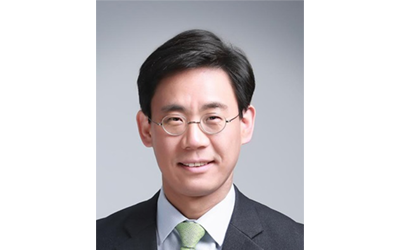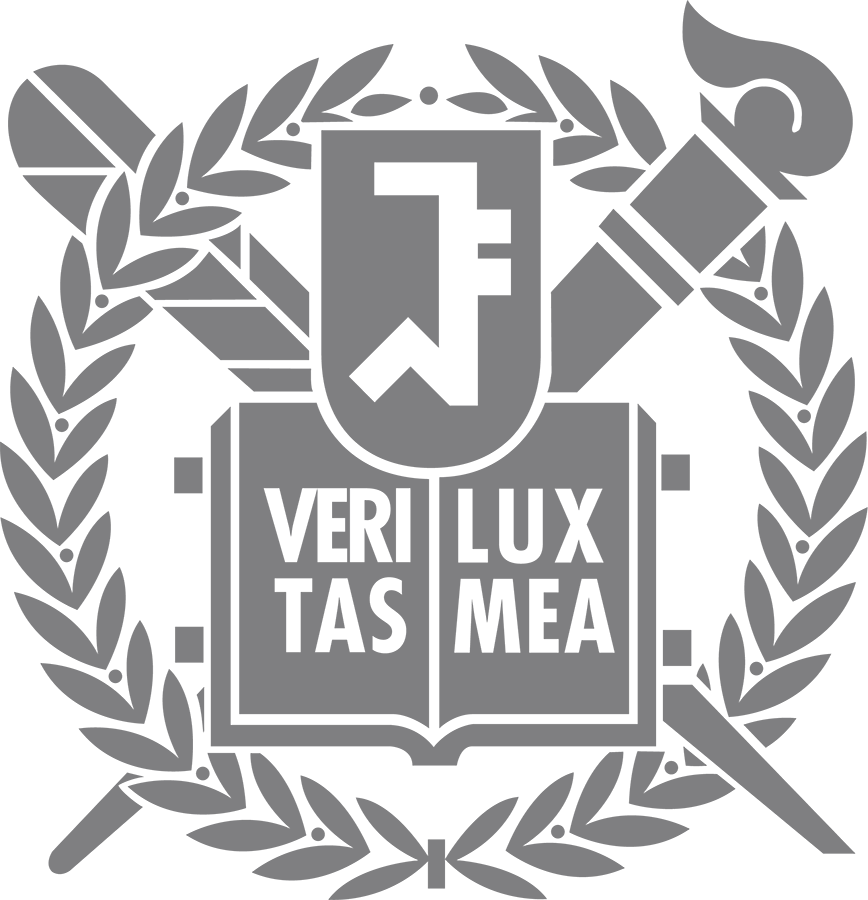Department News
[Hankuk Ilbo] Professor Sung-Hoon Ahn expects Korean ODA

Professor Sung-Hoon Ahn, Mechanical and Aerospace Engineering SNU
If you go to developing countries in Southeast Asia or Africa, you can see school buildings and solar power generators constructed in developed countries with long history of ODA in Oji Village. Even a recent developing country, China, is providing strategic human resources and infrastructure to Africa as well as neighboring countries and strategically expanding national recognition and good relations.
As Korea became a member of the Development Assistance Committee (DAC) of the Organization for Economic Cooperation and Development (OECD), it turned into a country that provided 2.4 trillion won in aid a year in the country that received ODA. In Korea's history of international aid, the reversal is unprecedented. Despite having 1,100trillion won donated over the past 50 years, there has been no progress in the improvement of the standard of living in Africa. However Korea's case is a miracle event. Then why is there not a noticeable improvement?
Majority of the aid projects are poorly priced due to corruption and inefficiency of the government and administration of the source country. Problems also arises when donors do not share their know-how in order to maintain and develop their own self-reliance only by unilateral support. This is no exception for our country.
Korea's ODA budget is far below the absolute amount and gross national income compared to the ODA advanced countries. To see the effect of these limited budgets, we need to choose the areas that we are good at. Science and technology, which has played a leading role in raising Korea's income level to advanced countries, is one of the areas most ODA countries want to learn.
What is needed here is the right technology. It is a technology that helps local manpower in vulnerable or developing countries improve environmentally friendly economic development and life with local materials. Ondol, which we invented thousands of years ago, burns heat to build rice, heats the heat that is generated in the balls and heats the harmful smoke out through the chimney. Ondol can still be used as a Korean Wave technology in developing countries. In addition to low-level technology, advanced information and communication technology (ICT) and production technology can be said to be another appropriate technology if it is applied to improve the quality of life.
In fact, Korea has been providing science and technology support for developing countries as an ODA as part of ODA - Korea Science and Technology Foundation and Korea Research Foundation. In recent years, it has attracted worldwide attention by opening the "Center for Science and Technology Base" in Tanzania for the first time in Africa. In cooperation with Nelson Mandela Africa Academy of Science and Technology, innovative technology products for the electric power generation, agriculture, health and education fields of African rural areas using new renewable energy and ICT has been developed. This is to promote technology transfer and commercialization.
The world is the age of developing countries. Of the 7.5 billion world population, the population of developing countries is 6 billion, and the proportion is expected to increase further in the future. For us, where manufacturing and trade are our mainstay, developing countries are potential customers and partners of the future. It is not the "ODA to distribute help simply" but "to create a vision of Korean-style ODA (Appropriate Policy) to pass on processing techniques and sales management knowledge with enthusiasm".
The Bible says, 'Let your left hand know not what the right hand does'. This tells us that giving help discreetly is a good deed. If our right hand produces provides help to the developing countries with the appropriate technology and policies countries, we could result in tremendous improvement. This will thus open a new era of ODA history.
[Source] - Kookmin Ilbo
[Original link] - http://news.kmib.co.kr/article/view.asp?arcid=0923822884

